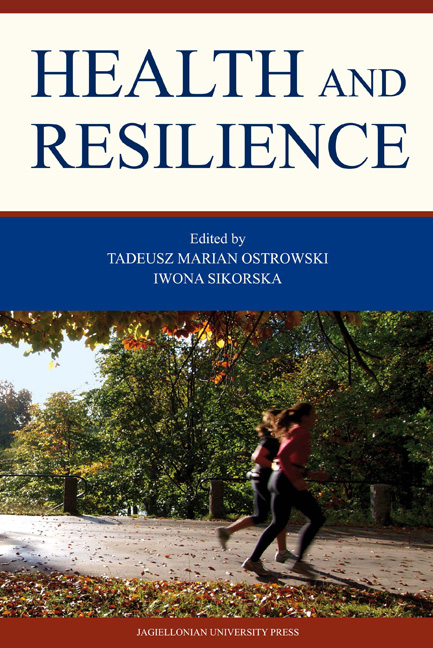Book contents
- Frontmatter
- TABLE OF CONTENTS
- Introduction
- I SOCIAL AND METHODOLOGICAL CONTECTS OF RESILIENCE
- II RESILIENCE IN DEVELOPMENT
- Theoretical models of resilience and resilience measurement tools in children and young people
- Siblings – a retrospective analysis of deidentification processes
- Empower children! The promotion of resilience in early childhood institutions (kindergarten) and primary schools
- III RESILIENCE AND DISEASE
- List of Authors
Empower children! The promotion of resilience in early childhood institutions (kindergarten) and primary schools
from II - RESILIENCE IN DEVELOPMENT
Published online by Cambridge University Press: 05 December 2014
- Frontmatter
- TABLE OF CONTENTS
- Introduction
- I SOCIAL AND METHODOLOGICAL CONTECTS OF RESILIENCE
- II RESILIENCE IN DEVELOPMENT
- Theoretical models of resilience and resilience measurement tools in children and young people
- Siblings – a retrospective analysis of deidentification processes
- Empower children! The promotion of resilience in early childhood institutions (kindergarten) and primary schools
- III RESILIENCE AND DISEASE
- List of Authors
Summary
Abstract
The following article presents the theoretical background, methods and evaluation results of a practice research project to promote resilience in early childhood institutions. The project was financed by the German Ministry for Education and Research (BMBF 2008–2010) and takes a holistic and multidimensional approach by including professionals, children, parents and networks of early childhood institutions. The project is based on the intervention programme “Empowering Children!” (ZfKJ, 2005–2007; Rönnau, Kraus-Gruner, Engel, 2008) and addresses ECI situated in areas with a high level of diversity (e.g. high percentage of immigrant families, high poverty levels, etc.). The project's goal is to empower these institutions to develop as target-group-oriented centres for mental health promotion from the resilience perspective. The results of the evaluation show positive effects on self-esteem, behavioural-stability and cognitive development of children who participated in the project (intervention group), in contrast to those identified in a comparison group. The project's positive results lead to an enlargement and new approach: the promotion of life skills and resilience in primary schools.
Key words: early childhood education, prevention, resilience
Introduction
Mental health promotion and the perspective of resilience
Research and theory building of mental health and its promotion changed within the last 20 years from a deficit-orientated view to the analysis of the importance of resources and protective factors. (e.g., Cicchetti, Cohen, 2006; Lösel, Bender, 2007; Luthar, Cicchetti, 2000; Opp, Fingerle, 2007; Petermann, Niebank, Scheithauer, 2004; Werner, 2007).
- Type
- Chapter
- Information
- Health and Resilience , pp. 117 - 138Publisher: Jagiellonian University PressPrint publication year: 2014



